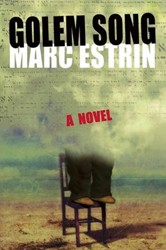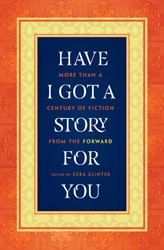Vivaldi’s Virgins is historical fiction at its most alluring. Through the compelling voice of Anna Maria dal Violin, a foundling and extraordinary violinist, member of Vivaldi’s famous La Pieta orphanage players, we virtually live in Venice, during the decadent but culturally thrilling 18th century.
At the heart of the story is a mystery of parentage, whose answer lies in a heavy, bejeweled gold locket and missing key. We read of musicians, kings, priests, nuns, Jews, artists, and children, living in cloistered convents, fabled palaces, and the Jewish ghetto, all traveling through the canals of Venice, masked and cloaked, carrying long kept secrets.
There is the ever-present story of persecuted Jews. The Jewish ghetto is always devastating, but the struggle for survival and the quest for even the tiniest bit of beauty is the reality we are reminded of with each tale.
Vivaldi’s Virgins is extremely well researched, with a fascinating historical note filling in details of Vivaldi’s work, many of the people in the novel, and the actual ospedali de Pieta. Bibliography, discography, glossary, historical note.





